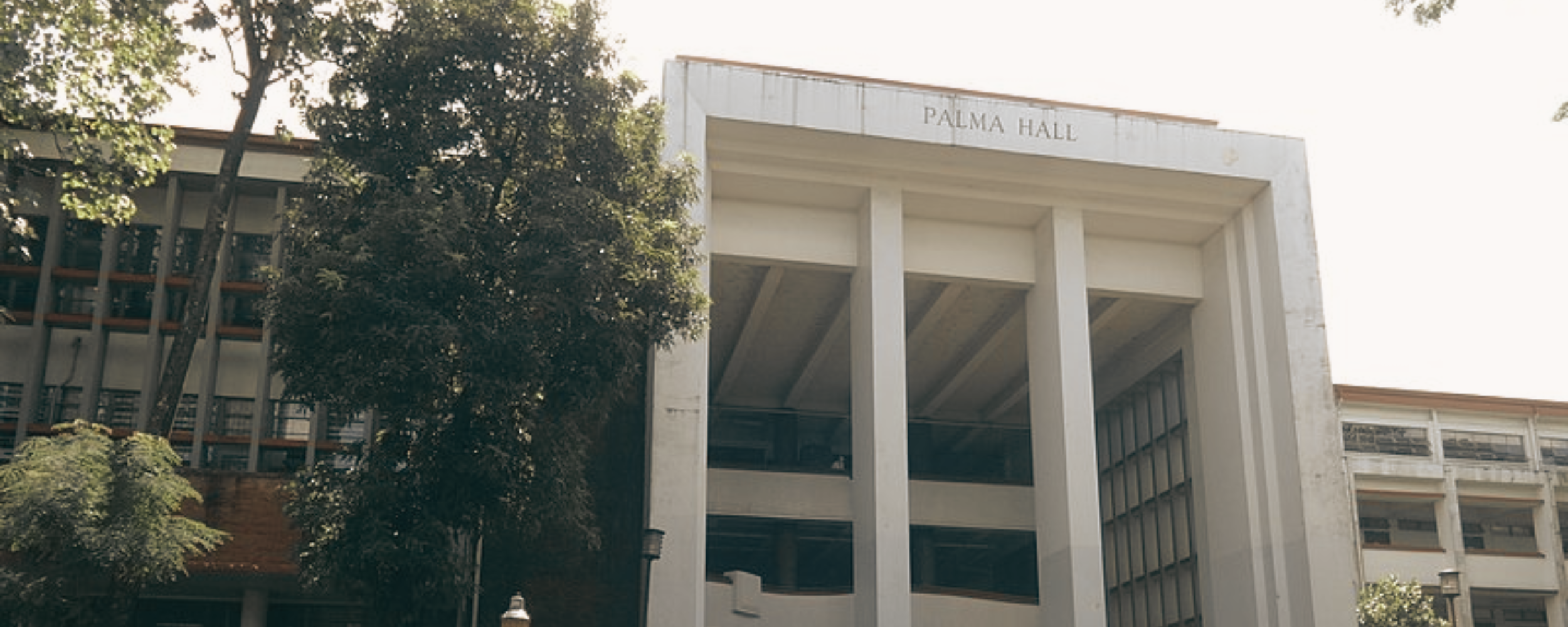
Last November 25, the University of the Philippines (UP) Board of Regents, during its 1376th meeting, approved the Social Science Productivity System (SSPS) proposed by UP Diliman as a way of measuring the effectiveness of the university’s social scientists.
To encourage university social scientists to support local publishers, write in Philippine languages, and engage social issues in the country, SSPS does not give more weight to international publications and considers public service, including their volunteer work in communities.
The SSPS will be used alongside two other existing productivity metrics in the university: the Scientific Productivity System (SPS) and the Artist Productivity System (APS).
The SSPS Ad Hoc Committee is headed by UP Diliman Vice Chancellor for Academic Affairs Theresa Payongayong, a professor of Philosophy at CSSP, and was composed of the university’s various deans and directors.
A shift in Philippine social sciences
Controversially, the SPSS challenges the wider academic community’s trend towards internationalization, instead choosing to give equal weight to local and international publications in its rankings.
“Knowledge production, if measured mainly as publications in refereed journals, often reinforces existing inequities between academies in the more developed Western world and those in the global south,” the SPSS proposal stated.
Research productivity metrics based on international research indices like Scopus have been previously criticized for providing unjust advantages for researchers in Europe and North America.
In the Scopus research index, more than half of the journals are in the United States or the United Kingdom, and only four publish papers written in Filipino: Humanities Diliman ng University of the Philippines; Kritike ng Department of Philosophy, University of Santo Tomas; Kritika Kultura ng Ateneo de Manila University Press; at Plaridel ng University of the Philippines.
Some UP professors have lambasted these international metrics for years, saying that, as a national university, UP should be focusing on the needs of the country and not chasing after international praise.
Back in 2021, former Faculty Regent Ramon Guillermo said that our obsession with international journals is a “classic symptom of our colonial mentality,” a manifestation of our need for “validation from our colonial masters.”
Guillermo lauded the SSPS for not discriminating against local journals and encouraging social scientists to develop local journals as well.
“The SSPS, though not perfect, contains several progressive reforms which we hope will serve as a model for other educational institutions,” he said.
A social sciences for the people
The new productivity system’s proponents also lamented the lack of recognition for the social sciences’ impact on national development. In their proposal, they said that UP’s social scientists and philosophers had huge contributions to society, but were still often disregarded.
They pointed out that, more than for advanced degrees and international publications, social scientists must be recognized for their “Leadership in Public Service” and contribution to local knowledge production.
“Productivity in the social sciences and philosophy must be able to use research and knowledge production for the improvement of conditions in society, especially those in sectors that most need assistance,” they said in their proposal.
“These alternative knowledge production/dissemination efforts are worthy of recognition not only as material for scholarly output but actually fulfill and complete the mandate of UP as a National University,” they added.
By recognizing social scientists for their efforts and providing career incentives for academics that contribute to their communities, the SSPS seeks to boost the university’s impact as a driver of social development and knowledge production through the social sciences.
Featured image courtesy of Patrick Roque







